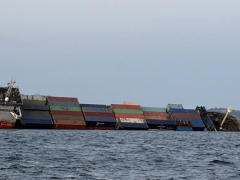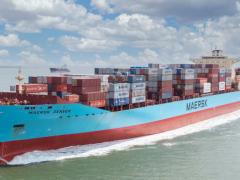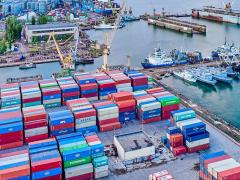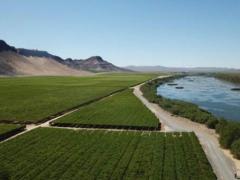South Africa's lengthy import tariff probe has led to R3 billion being tied up in overdue investigations impacting jobs, investment and the economy, a new report shows.
XA Global Trade Advisors CEO, Donald MacKay, speaking at the launch of the firm’s latest report, said the tariff issues were relatively easy to solve, if there was political will.
“If the outstanding duty relief applications were granted on goods not available locally, it would put R1.4bn back into the economy, benefiting the relevant economic sectors directly. In addition, if the duty increases requested were granted and import volumes remained roughly constant, the government would collect a further R1.6bn in duties,” he said.
The International Trade Administration Commission (Itac) and the Department of Trade, Industry and Competition (dtic) recommend that the application process for duty relief, from initiation of an investigation by Itac to finalisation by Sars, should take no more than six months. However, according to XA’s report, the average investigation takes 22 months, with some cases running 47 months overdue, making them out of sync with current economic conditions.
One example in the report is Nature’s Garden, which applied for a duty increase on mixed frozen vegetables on June 14, 2018. The investigation was initiated on February 22, 2019, and it is still not resolved.
“During that time, import volumes plummeted to the lowest level in seven years.
"Since this case was investigated, the world, and the global economy and trade environment changed significantly.
"As an example, Eskom has had eight CEOs, the UK five new prime ministers and Brexit, there’s been a global pandemic - with a significant impact on global trade, Russia has invaded Ukraine, and food inflation has skyrocketed, putting South African consumers and industries under significant financial pressure,” MacKay said.
“It is impossible to manage trade in such a lethargic system. What applied in 2019 is very different to the real-world scenario in 2023, and trade decisions need to be based on the now, not the past.”
In order to grant a company or industry’s duty application, the minister frequently requires the affected party to negotiate a reciprocal agreement, which could include commitments in respect of jobs, investment and transformation. These agreements are not transparent, or part of a formal process, nor do companies usually anticipate them, adding a further layer of complication and uncertainty to industries applying for relief.
MacKay said companies were therefore opting out of the Itac process, evidenced by the fact that there had been a 62% decline in applications between 2021 and 2022.
XA has proposed several recommendations in its report to resolve the challenge, calling for:
- A 12-month maximum time limit for the duty process
- Immediately remove duties on (or create rebates) for all overdue investigations where there is no, or insufficient, local supply
- Begin a review cycle for all temporary rebates to determine if there is local production. If there is not, then these rebates should be replaced with complete duty removal
- Publish a review of all rebates where the utilisation of the rebate covers more than 70% of all trade through the underlying tariff code
- Amend tariff regulations to ensure clarity and transparency
- Give serious consideration to completely eliminating reciprocal agreements. If imposed, the requirements must be consistent, transparent, and well understood before applications are made
- The dtic minister must issue a trade policy directive instructing Itac to publish all private settlements within six months, in the interests of transparency and accountability
- The Itac investigation report should be published on the same date it is sent to the dtic minister
Mackay said “transparency and speed” were needed in the process.
“It is critical that the impasse is resolved as quickly as possible, given the current economic realities facing our country, including rising interest rates, the increased cost of food, and the president's urgent need to attract foreign and domestic investment,” MacKay added.













